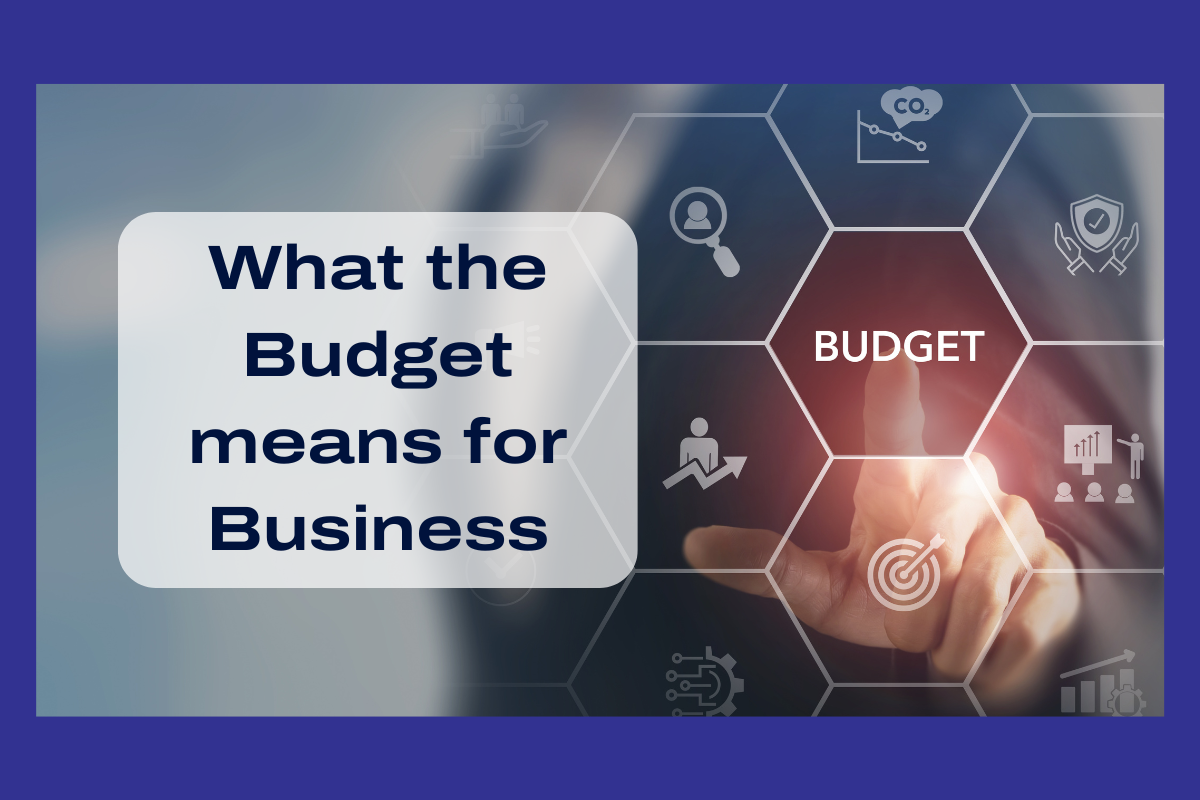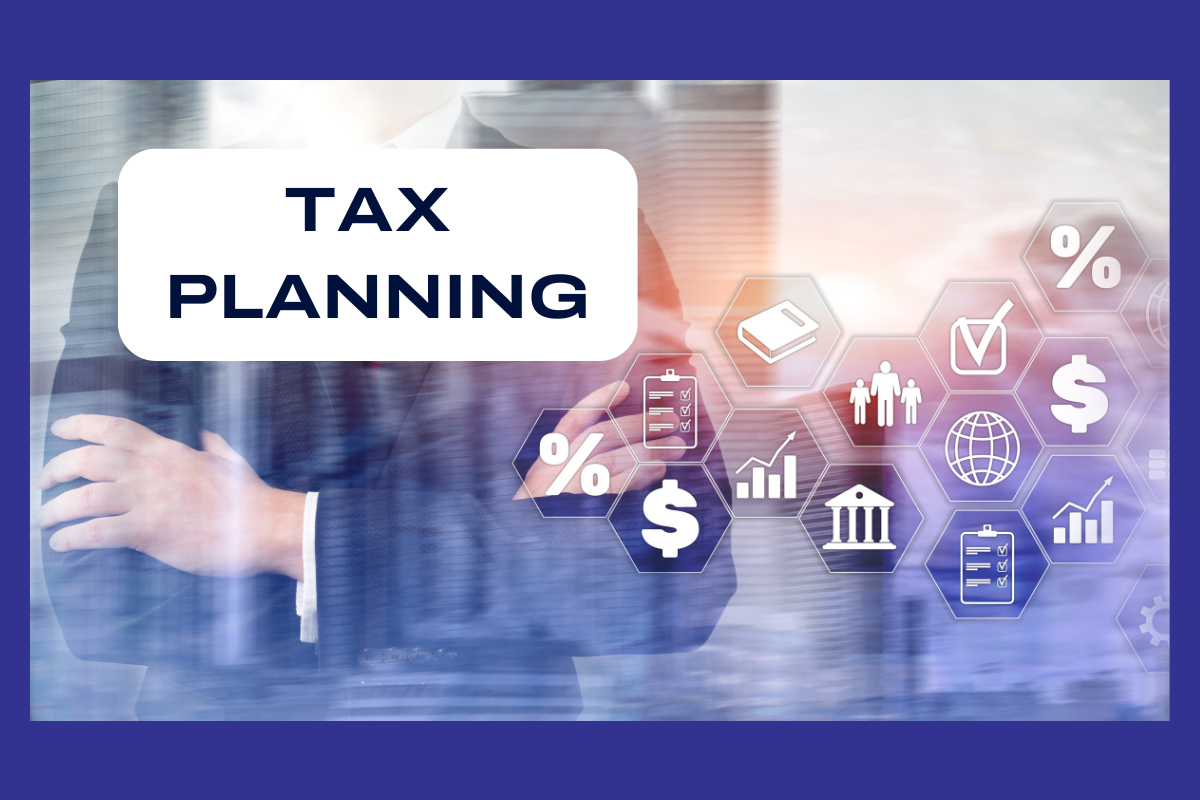Scaling Smart: Transforming Financial Management from Bookkeeping to CFO for Growth-Ready Startups
Chris Barnard • February 3, 2025
Scaling Smart: Transforming Financial Management from Bookkeeping to CFO for Growth-Ready Startups
New Paragraph
Scaling a business is exciting, but without solid financial foundations, growth can quickly become overwhelming. To scale smartly, startups need to move beyond basic bookkeeping and set up systems that not only handle today’s numbers but also pave the way for strategic decision-making. Here's how to get your bookkeeping basics right and position your business for growth, all while keeping your finance team efficient and lean.
1. Get the Bookkeeping Basics Right with Automation, Software, and Checks
Building a strong financial foundation starts with accurate and efficient bookkeeping. Automation plays a crucial role in simplifying routine tasks, allowing you to focus on growth. Tools like Dext or Xero can handle essential functions such as invoicing, payment reminders, and expense tracking. Automating these processes saves time, reduces errors, and ensures your records are consistently accurate.
Cloud-based software adds another layer of efficiency by providing secure, real-time access to your financial data. This enables informed decision-making while eliminating the risks associated with lost or outdated records. With everything stored online, you gain the flexibility to manage your finances from anywhere.
To maintain accuracy, establish a robust system of checks and balances. Regularly reconciling bank statements and accounts prevents discrepancies and keeps your books up to date. This proactive approach creates a stable financial framework, making it easier to scale your business.
2. Key Financial Processes to Automate for Efficiency
Automation is transformative, but understanding what to automate ensures you gain the most cost savings. Start with accounts payable and receivable, as these areas can benefit significantly from streamlined processes. Automated payment reminders and setting direct debits for recurring income ensure timely payments and smooth cash flow without manual intervention.
Expense reporting is another key area. Tools like Expensify or Dext allow you to capture and categorise expenses effortlessly, reducing administrative tasks and ensuring accurate record-keeping. Similarly, payroll processes can be automated with integrated systems that handle salary payments efficiently, eliminating manual errors. By automating these workflows, your team can focus on strategic priorities while maintaining operational efficiency.
3. Benefits of Outsourcing Financial Tasks in Scaling Up
Outsourcing specific financial tasks is a smart way to keep your finance team lean while gaining access to expertise. Routine bookkeeping tasks, such as managing transactions and reconciling accounts, are ideal for outsourcing. This ensures accuracy and consistency without burdening your internal team.
Tax compliance is another area where outsourcing adds efficiency. Tax experts stay updated on regulations and can maximise deductions while ensuring compliance, reducing financial risks for your business. For more specialised needs, such as forecasting, scenario planning, or software implementation, outsourcing to consultants can bring advanced skills to your team without the need for full-time resources.
Outsourcing monthly management accounts also provides strategic advantages. It allows your team to focus on core activities that drive growth while connecting you with professionals who deliver insights and maintain compliance. Additionally, outsourcing is cost-efficient, eliminating overhead expenses like training and salaries while stabilising financial operations.
4. Choosing the Right Financial Software for Startup Growth
The right financial tools not only streamline daily operations but also provide insights that support sustainable growth. Bookkeeping platforms like Xero, QuickBooks, or Wave are ideal for managing essentials like expense tracking, invoicing, and reconciliations. These tools create a solid financial foundation for your business.
As your business grows, integrating management information (MI) tools becomes vital. These tools go beyond bookkeeping by offering advanced reporting and analysis. Customisable dashboards help track KPIs, monitor budgets, and analyse trends, providing a clear view of your financial health for strategic decision-making.
5. Using Insights from Financial Tools for Strategic Decisions
Strong financial foundations allow you to transform data into actionable strategies. Management information tools enable you to track key metrics, monitor budgets, and create real-time reports that highlight trends and potential issues. These insights are critical for making informed decisions aligned with your business goals.
Forecasting tools enhance this process by enabling scenario planning. Whether preparing for expansion or navigating uncertainties, these tools provide clarity by modelling the impact of various strategies. This ensures your decisions are backed by accurate, up-to-date information.
With automated workflows, outsourced expertise, and integrated software, your financial team becomes more efficient and scalable. This combination enables faster, smarter decision-making without the need for a bloated finance team.
6. Forecasting Tools: Plugging Into Bookkeeping for Easy Updates and Scenario Planning
Forecasting tools have revolutionised financial planning for growing businesses. By integrating tools like Futrli, Float, or LivePlan with bookkeeping software such as QuickBooks or Xero, you can maintain real-time accuracy and seamlessly update financial forecasts. This integration saves time, reduces errors, and ensures your decisions are based on the most current data.
These tools simplify scenario planning, allowing you to model potential outcomes for hiring, product launches, or market expansion. They also help identify cash flow gaps, assess budget adjustments, and prepare for rapid growth. This clarity is invaluable for navigating volatile market conditions.
User-friendly dashboards and customisable reports further enhance the value of forecasting tools. With clear visuals of metrics like revenue growth and cash flow, you can communicate financial insights effectively to stakeholders. Collaboration is also made easier, enabling your finance team or outsourced experts to work in sync on updated forecasts.
As your business scales, forecasting tools grow with you, supporting long-term planning, funding strategies, and cost optimisation. By integrating these tools, you’ll have a clearer view of your financial health and future potential, making them an essential element of smart scaling.
The Payoff: A Lean, Scalable Finance Function
By combining automation, outsourcing, and the right tools, you can build an efficient finance team that scales with your business. These systems reduce overhead costs while giving you the clarity needed to make informed decisions. As your startup grows, transitioning from bookkeeping basics to advanced financial management will position you for sustainable success.
Ready to scale your business smartly? At our agency, we specialise in helping startups streamline their operations and build scalable systems. Let’s chat about how we can support your journey to growth.
Related Posts



© 2023 All Rights Reserved Collective Concepts Accounting Ltd. Registered office is Sussex Innovation Centre, Science Park Square, Brighton, BN1 9SB. Company Registration Number 14158965











